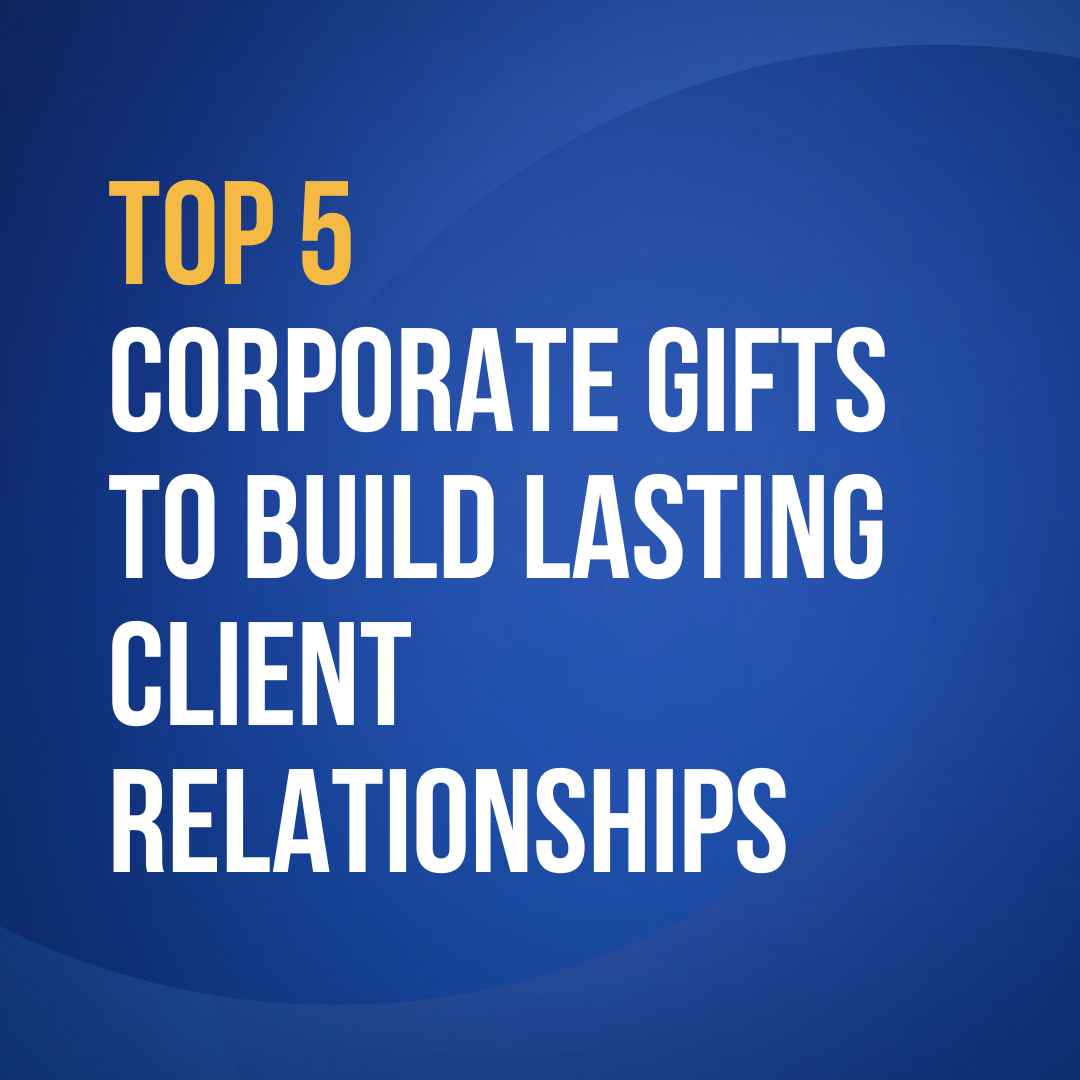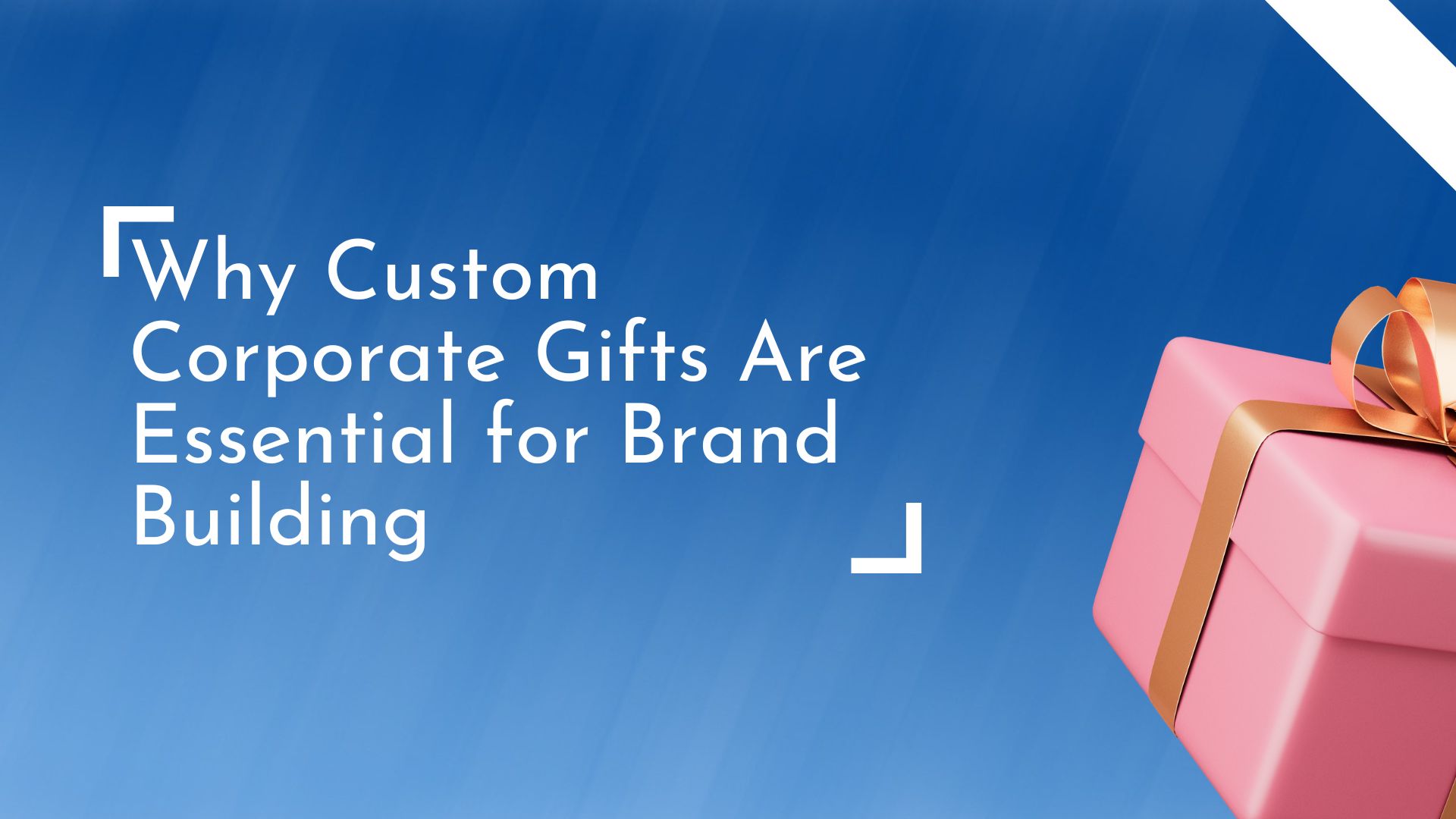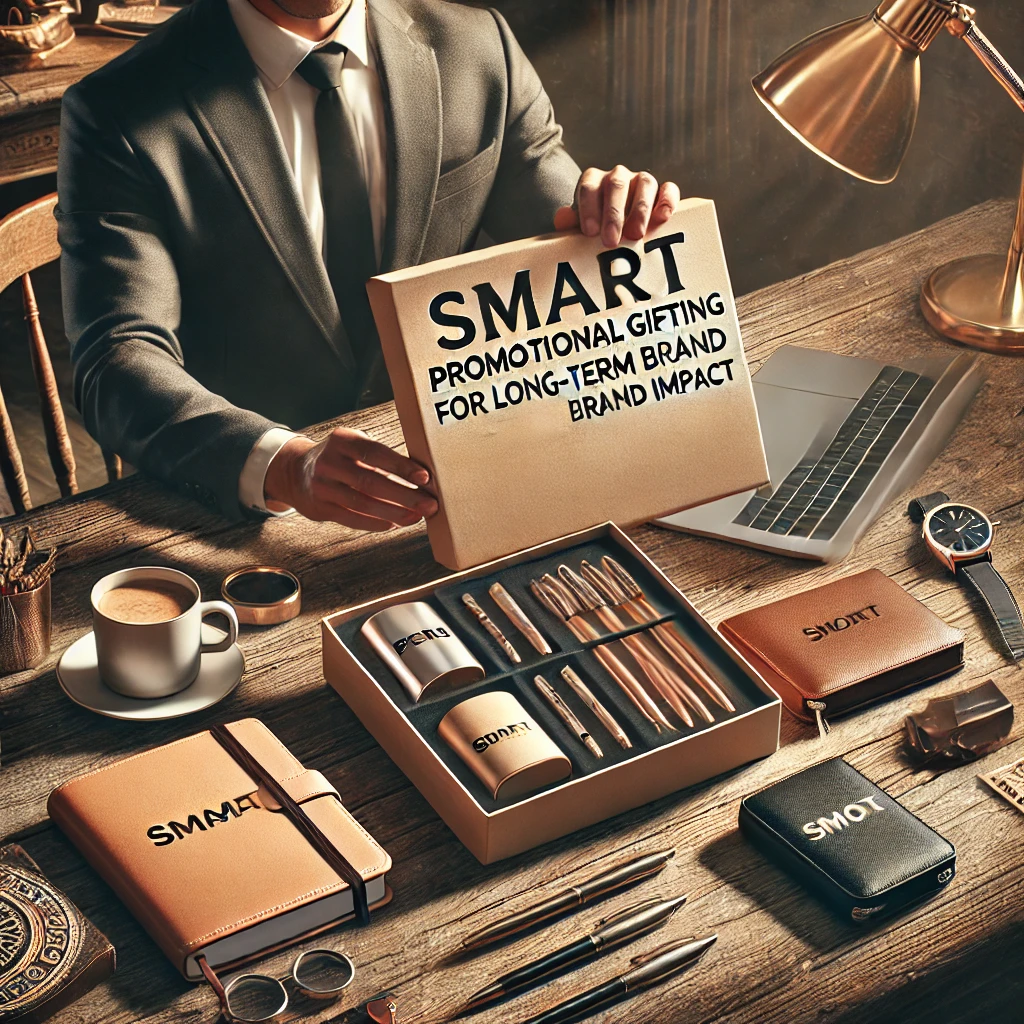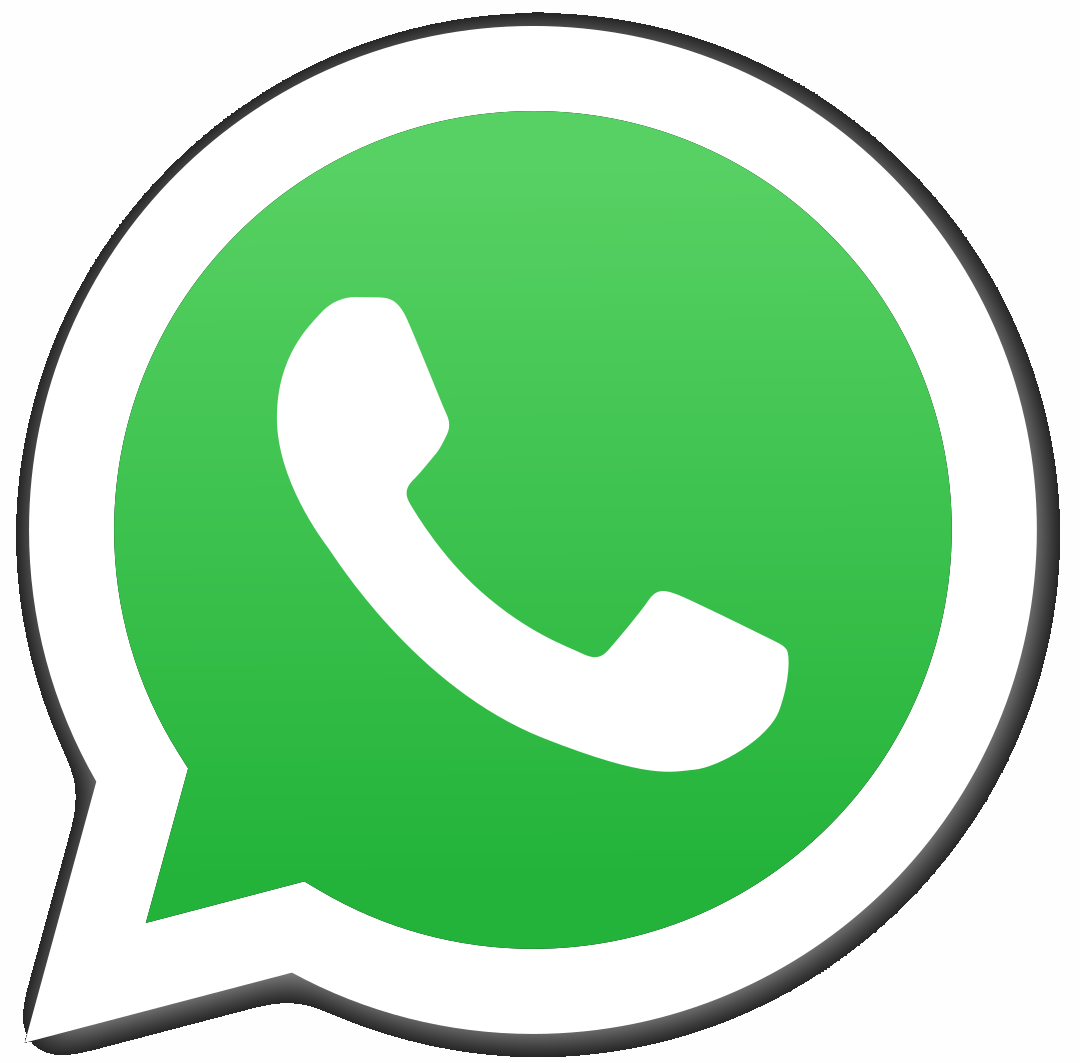Corporate Gifting
The Science of Effective Promotional Gifting: How Psychology Influences Customer Response
Corporate gifting is more than just a marketing strategy—it’s a psychological tool that influences customer behavior, builds brand loyalty, and enhances business relationships. The best promotional gifts aren’t just practical; they evoke emotions, create lasting impressions, and trigger subconscious responses that drive engagement.
But what makes a promotional gift truly effective? The answer lies in behavioral psychology—understanding how the human brain reacts to receiving gifts and how businesses can use this to their advantage.
In this blog, we’ll explore the science behind effective gifting and how companies can apply psychological principles to strengthen customer relationships and boost brand recall.
1. The Psychological Triggers Behind Effective Gifting
Understanding the psychology behind gifting helps businesses select items that create emotional impact and long-term loyalty. Here are the key psychological principles at play:
✅ 1. Reciprocity Principle – The Power of Giving Back
People have a natural tendency to return favors when they receive something valuable. This is why free gifts often lead to higher customer engagement and sales.
📌 Example:
A luxury brand gifts its VIP customers an exclusive personalized pen set. The recipients feel a sense of appreciation and are more likely to continue doing business with the brand.
How to Use It:
- Offer premium gifts to top clients to strengthen relationships.
- Use gift-with-purchase promotions to encourage larger transactions.
✅ 2. Emotional Connection & Memory Recall – Making Gifts Unforgettable
Humans are emotionally driven. A personalized or thoughtful gift triggers emotions and creates a lasting memory linked to the brand.
📌 Example:
A business gifts employees a customized diary with their names engraved. Employees feel valued, leading to increased loyalty and productivity.
How to Use It:
- Personalize gifts with the recipient’s name, a custom message, or brand storytelling.
- Use unique and creative packaging that makes the unboxing experience memorable.
✅ 3. Perceived Value & Brand Association – Quality Matters
The perceived value of a gift influences how customers view the brand. A cheap, low-quality item can harm brand perception, while a premium product can enhance credibility.
📌 Example:
Two companies send corporate gifts—one offers a generic plastic pen, while the other provides a luxury leather-bound notebook. The latter leaves a stronger impression.
How to Use It:
- Choose high-quality materials that reflect the premium nature of your brand.
- Invest in sleek, eco-friendly, or high-end packaging to increase the perceived value.
✅ 4. Scarcity & Exclusivity Effect – Making Recipients Feel Special
People are drawn to exclusive and limited-edition items. When a gift feels rare, it becomes more desirable.
📌 Example:
An exclusive branded executive gift set is offered only to high-value clients. This creates a sense of privilege and appreciation.
How to Use It:
- Design limited-edition promotional gifts for VIP customers.
- Offer exclusive corporate gifts for referrals or loyalty milestones.
2. How to Use Psychology to Make Corporate Gifting More Effective
To maximize the impact of promotional gifting, businesses should apply psychological insights strategically:
✔ Choose Gifts with High Usability
Practical gifts that customers use daily create long-term brand exposure.
🎁 Examples: Reusable drinkware, mobile accessories, and premium notebooks.
✔ Add a Personal Touch
Personalized gifts create stronger emotional connections.
🎁 Examples: Engraved pens, custom-made keychains, and monogrammed leather organizers.
✔ Make Gifting an Experience, Not Just a Transaction
Enhance the gifting experience with a creative approach.
🎁 Examples: Bundled gifts with a handwritten thank-you note or a QR code for a special offer.
✔ Offer Unexpected Gifts (Surprise & Delight Strategy)
Surprise gifts trigger strong positive emotions.
🎁 Examples: A festival hamper sent unexpectedly to a loyal customer.
3. Case Study: Brands That Used Promotional Gifting Successfully
Many brands use psychology-driven gifting strategies to boost customer engagement:
📌 Apple’s Packaging Strategy – Apple invests heavily in premium packaging because the unboxing experience itself feels like a gift, increasing brand loyalty.
📌 Luxury Hotel Welcome Kits – High-end hotels gift guests branded luxury toiletries to create a lasting impression and emotional connection.
📌 Diwali Corporate Gifting in India – Many Indian businesses send premium hampers to clients during festive seasons to reinforce goodwill and appreciation.
Promotional gifting is not just about handing out free items—it’s about leveraging psychology to create stronger brand connections. By understanding the science behind customer behavior, businesses can use gifts to build loyalty, enhance brand perception, and drive repeat business.
🚀 Ready to make your corporate gifts unforgettable?
Explore Kee Creation’s wide range of custom gifting solutions designed to maximize emotional impact and brand recall.

.jpg)



.jpg)
.jpg)
.jpg)
.jpg)
.jpg)
.jpg)
.jpg)
.jpg)
.jpg)
.jpg)
.jpg)
.jpg)
.jpg)
.jpg)
.jpg)
.jpg)
.jpg)
.jpg)
 (1).jpg)
.jpg)
.jpg)
.jpg)

